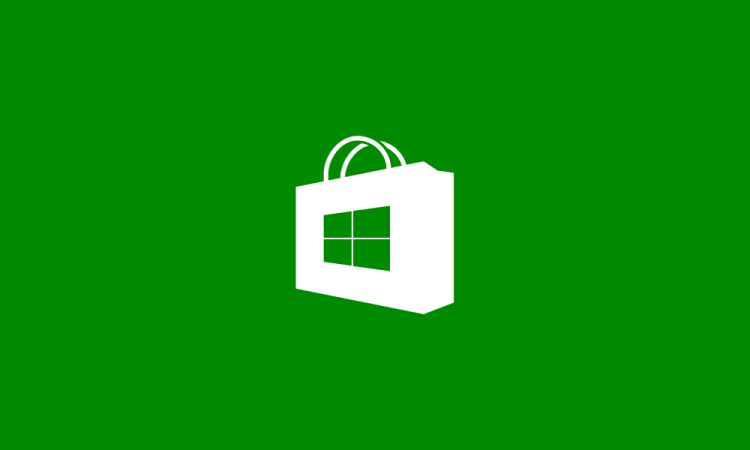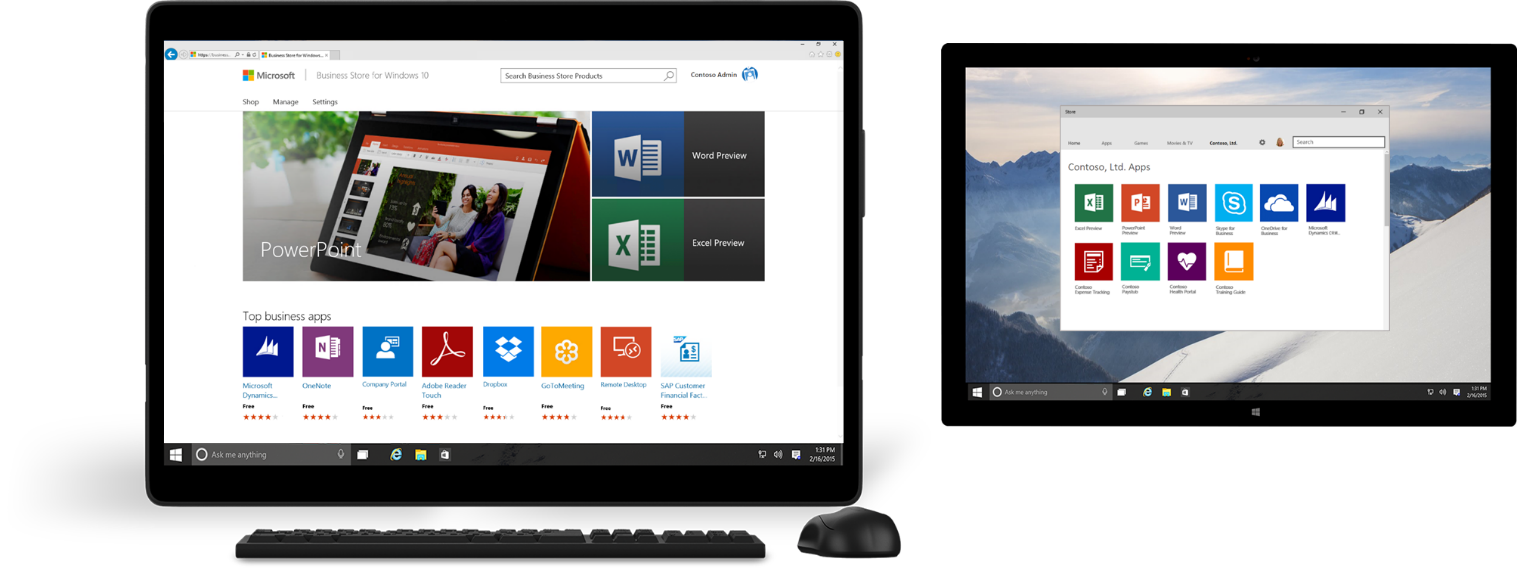At its Build 2015 developer conference yesterday, Microsoft announced carrier billing is coming to all Windows 10 devices. It turns out the company really does mean “all.”
At first glance, the news would seem to imply that carrier billing is coming to PCs and tablets with LTE — or really, any device that connects to a carrier. It turns out having cellular connectivity isn’t required, Todd Brix, general manager of Windows apps and store, told VentureBeat.
Carrier billing isn’t very big in developed countries, but it is in markets where credit cards are not common. Because the majority of people in these countries do not have (and cannot obtain) a credit card, it’s next to impossible for them to make purchases from most global app stores.
Brix explained how the process will work. You’ll access the Windows Store on your Windows 10 device and choose to buy an app. When the payment page comes up, you’ll see whatever options you may already have on your Microsoft account (credit card, gift card, and so on, or none if you don’t have any).
You’ll then be asked to choose from a list of available carriers available in your country. Available carriers will depend on the deals Microsoft signs (more on that below).
After you pick your carrier, you’ll be prompted to put in your name and phone number. A text message will be sent to your phone to confirm and authorize the charge. If you agree, your purchase will be charged to your next bill.
In other words, the device that you want to make a purchase on does not need to be associated with a carrier. You do, however, still need to have at least one device that is associated with a carrier.
Microsoft says it has the largest carrier billing footprint (90 carriers) in the world, and while those deals are technically for Windows devices, the company will still have to partner again with each one for this use case. No carrier has yet signed on, but Brix tells me they’ve only known about this new opportunity for “a short period of time” and many are “very excited.”
Oh, and by the way, while the Windows Store is predominantly about apps, carrier billing can be used for all content. That includes games, movies, TV shows, and so on.
“Microsoft intends to carrier bill anything that can be sold through the store, but is dependent on carriers to do this,” a Microsoft spokesperson told VentureBeat. “Availability of various products and services varies by country. And availability and timing of carrier billing as a payment method for each product or service will vary by country and mobile operator, due to local regulatory or business constraints. That said, Microsoft is pushing for the most broad, consistent and pervasive coverage possible.”
So, why wouldn’t a carrier be interested in partnering up with Microsoft’s Windows Store for all Windows 10 devices? Brix admits that in addition to Microsoft’s own implementation work, each carrier will also have to invest in identity validation and security in general.
Still, Microsoft and the carriers it brings on board have a lot to gain. As Brix rightly points out, carrier billing can help the company “not just change the slices of the pie” when it comes to app stores, but to “make the pie much bigger.”
Yet Build is a developer conference, and they are the big winners here. Microsoft loves to point out the benefits app makers see when carrier billing is introduced: “New carrier billing connections increase total paid transactions by 8x per month in emerging markets and 3x in developed markets.”
Developers are unlikely to see such a big jump in this particular use case (Windows 10 devices that aren’t connected to a cellular network). Still, carrier billing is yet another way to buy content in a digital store, and for billions of people, it’s the only way.



